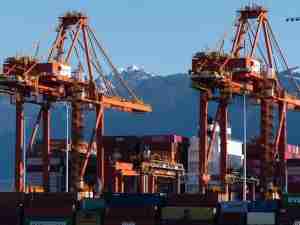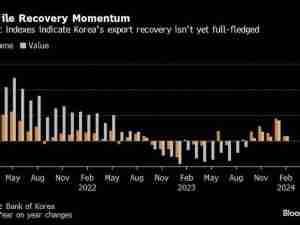President Joe Biden said booting Russia from the critical Swift global financial messaging system is off the table for now even as leaders in his own party urge him to take a step that would carry significant consequences for European nations, many of which oppose the move.
In explaining his decision, Biden said the U.S. move Thursday to sanction Sberbank—Russia’s largest lender—and four other financial institutions would potentially have more impact on Russia than barring the country’s banks from Swift, essentially the Gmail of global banking.
“It is always an option, but right now that’s not the position the rest of Europe wishes to take,” Biden said.
The consensus among member nations is that they don’t want to expel Russia from Swift amid concerns that if adversaries are kicked out, they could break off to develop their own version, according to a person familiar with the matter, who spoke on condition of anonymity.
Swift has blocked access to a nation just once in its history: In 2012, with the help of an EU directive, it blocked Iran to help avoid a potential nuclear conflict.
In Washington, Republicans and Democrats alike are reaching for the most dire economic tools to use against Russia following Vladimir Putin’s invasion of Ukraine.
Hours after Biden spoke, Senate Foreign Relations Chairman Bob Menendez pushed the president to “impose maximum costs on Putin,” including removing Russian banks from the Swift system.
“Congress and the Biden administration must not shy away from any options,” the New Jersey Democrat said in a statement.
Senator Bob Casey and Representative Adam Schiff, both Democrats, said before Biden’s remarks Thursday they’d support the move.
Senate Minority Leader Mitch McConnell, a Republican, also called for the use of all available sanctions, though didn’t mention Swift by name. Other key Senate Republicans, including Lindsey Graham and Pat Toomey, made similar statements.
“The sanctions imposed on Russian banks, while welcome, may not isolate the Russian financial system from international activity,” said Toomey, the Banking Committee’s top Republican. “That’s why the U.S. should impose crippling sanctions on Russia’s oil and gas sector and Iran-style secondary sanctions on Russian banks that force the world to choose between doing business with Russia or the United States.”
Ukrainian Foreign Minister Dmytro Kuleba has renewed calls to cut off Russia from Swift and U.K. Prime Minister Boris Johnson pushed for that step on a call earlier with Group of Seven leaders, according to his spokesman Max Blain.
Swift—which stands for the Society for Worldwide Interbank Financial Telecommunication—is overseen by the National Bank of Belgium and central bank representatives from the U.S., U.K., EU, Japan, Russia, China and others. It delivers secure messages among more than 11,000 financial institutions and companies, in over 200 countries and territories.
U.S. officials have also shied away from the idea of kicking Russia out of Swift because of the potential fallout it would have on European banks and companies, as well as ordinary Russian citizens.
Casey said he hopes Russia is barred from Swift on Thursday.
“If it’s not today, I’m willing to listen to arguments about when it should be imposed, but that’s the kind of sanction that could really have a substantial impact, and they have to be hit hard,” he said.
Some experts argue that sanctioning individual banks achieves the same effect in a more targeted way.
“If you would bar Russian institutions from Swift, they could still transact with the West by other means but if you designate banks by name, that’s a far more effective way of punishing Russia,” said Daniel Tannebaum, head of sanctions at Oliver Wyman in New York.
“Everyone views Swift as this silver bullet but the other point to bear in mind is there’s never been a 100% embargo on any country. So if you’re a legitimate company doing legitimate business with Russia, if you remove Swift from a country, those companies won’t be able to get paid.”
Senate Banking Chairman Sherrod Brown predicted the economic impact will be much more dramatic on Europe than in the United States on things like energy prices, but the United States will feel some economic hit.
“I think the markets understand it,” Brown said in an interview on Bloomberg Television’s “Balance of Power With David Westin.” “I think American consumers will mostly understand, but the president has an obligation to lay it out. This is a hit to the world economy. It can be softened because our economy is so strong.”








